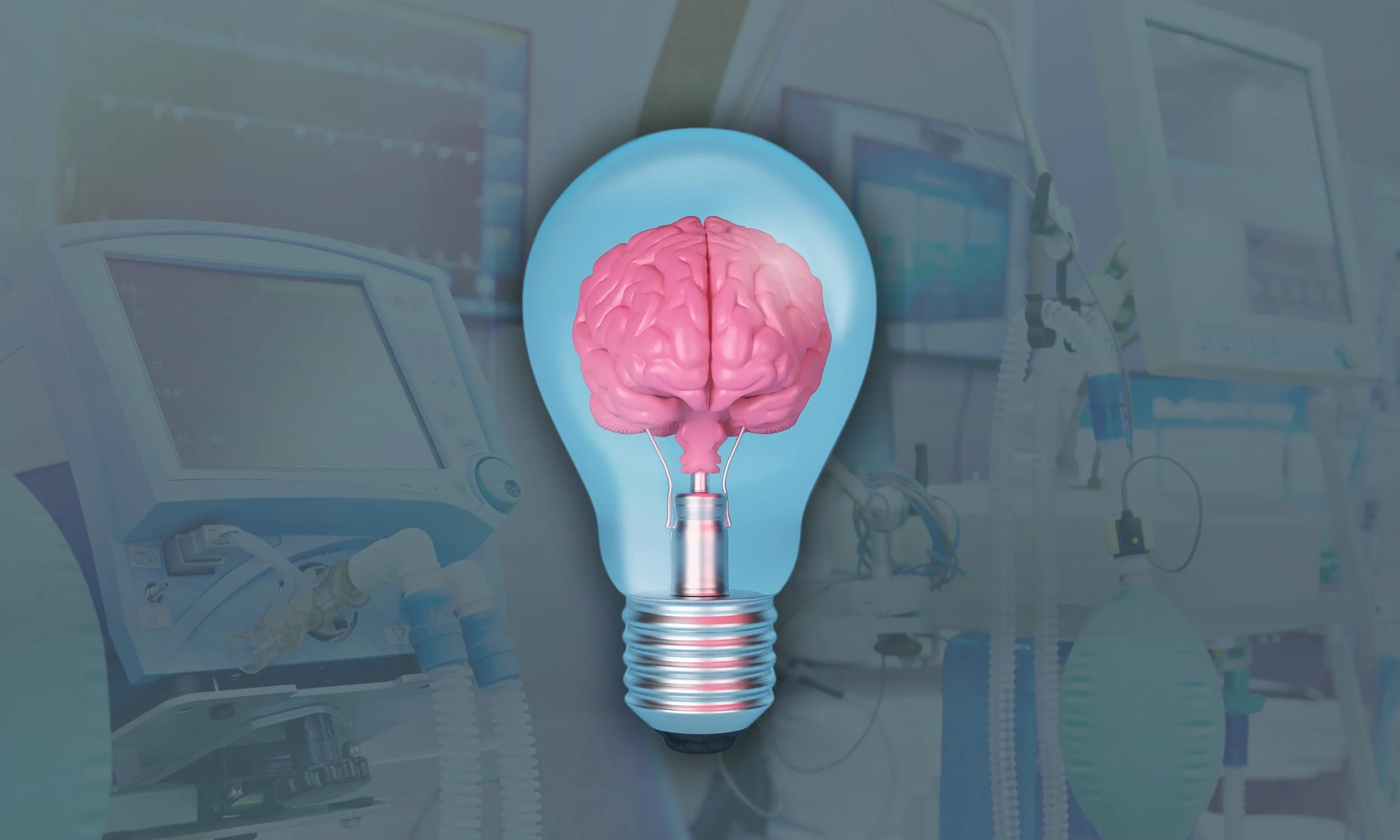Obsessive-compulsive disorder (OCD) is a chronic condition affecting 1 in 40 adults and 1 in 100 children in the United States. This disorder is characterized by intrusive, repetitive thoughts and behaviors. Interfering with work, interpersonal relationships, and in general, patients’ enjoyment of life, OCD can have a devastating effect due to its debilitating nature. The only FDA approved treatment for OCD are serotonin reuptake inhibitors (SRIs), but the effects of these are limited. Meaningful improvement can take up to 6 to 10 weeks and symptom relief is limited. To find a better way to treat this disorder, researchers at Columbia University conducted a study involving ketamine infusions.
In this study, fifteen medication-free adult subjects with OCD were enrolled. Those enrolled experienced near constant obsessions. The subjects received two infusions, either ketamine or a placebo, at least one week apart from each other, and the order of the infusions was randomized. One of the researchers, Dr. Carolyn Rodriguez, described feeling nervous at first giving ketamine to patients—the potential for drug abuse on her mind. Fortunately, the effects of ketamine were astonishing.
Ten minutes after the start of the infusion, a subject debilitated by OCD for years described that it was like she was “having a vacation from [her] OCD.” Another subject described the anti-obsessional effects of ketamine: “I tried to have OCD thoughts, but I couldn’t.”
Three main findings were reported in the study.
1) Subjects experienced rapid reduction in obsessive thoughts (half met treatment response criteria) and this relief lasted for 1-week post-infusion compared to those who received a placebo.
2) There is significant evidence that suggests ketamine’s influence on OCD lasts longer than previously stated.
3) Glutamate neurotransmission plays an important role in reducing OCD and is consistent with the glutamatergic hypothesis of OCD.
At Reset Ketamine, we recommend a series of six infusions spread out over 2 - 4 weeks to get longer-lasting benefits. This gives time for increased BDNF synthesis, neuroplasticity, and a “reset” for the default mode network (DMN) that contributes to these repetitive, intrusive thoughts & behaviors.
If you or someone you know is suffering from this disorder, you may be able to experience rapid relief. In summary, the off-label use of ketamine may be a safe, effective treatment for OCD who are not getting relief with traditional approaches. Please let us know if you have any questions. Contact us now for a consultation to see if you would be an ideal candidate for ketamine infusions.











Learn how ketamine therapy affects PTSD, when it may worsen symptoms, and how alternatives like the stellate ganglion block can offer relief.